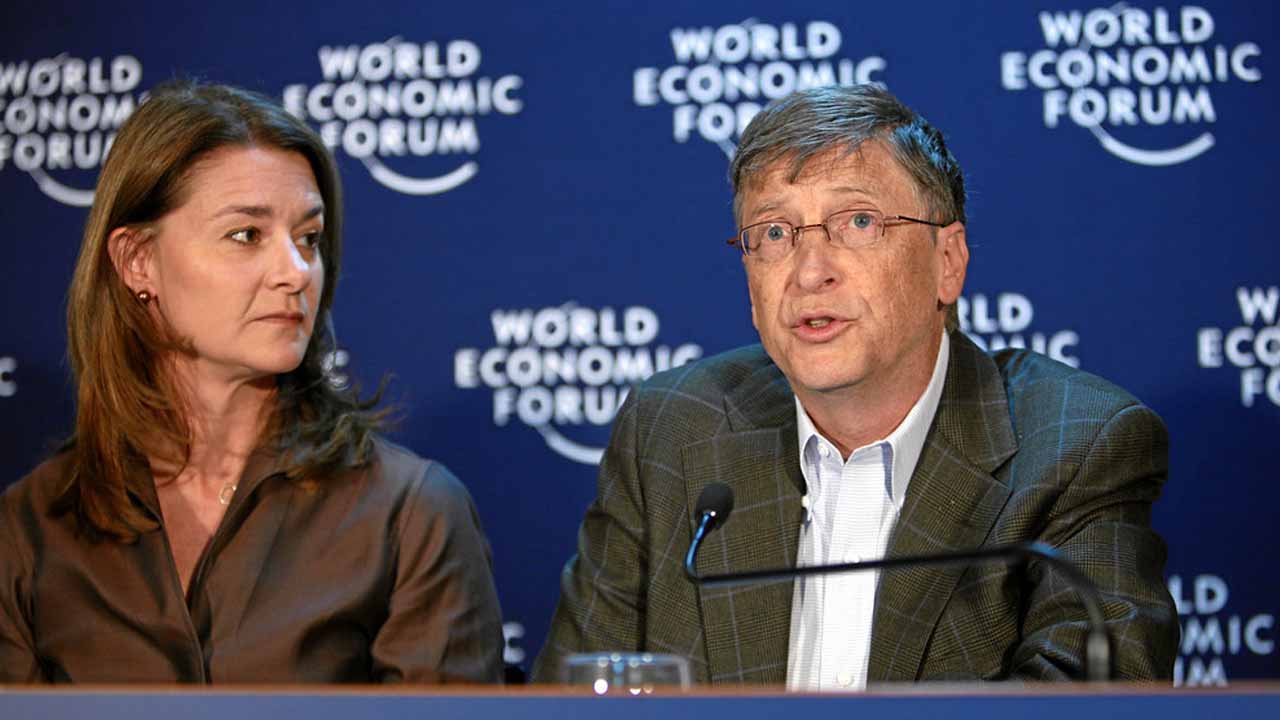Appreciating the contribution of women across sectors, Maharashtra Governor Bhagat Singh Koshyari launched the India grant of $5.25 million from the Gender Transformative Mechanism to the Mahila Arthik Vikas Mahamandal (MAVIM), the state women’s development corporation last week.
The gender transformative mechanism is funded by the Bill and Melinda Gates Foundation and managed by the International Fund for Agricultural Development (IFAD). “The next era is women’s era. Women tend not to misuse money that comes to them, they utilise it the best. Therefore, banks rely on self-help groups (SHGs). These SHGs are small but their contribution to the economy is big,” he said. The governor also noted that well-functioning SHGs have boosted rural women’s confidence and increased their participation in the financial sector.
Kundan, principal secretary of the Maharashtra Women and Child Department, thanked the Gates Foundation and IFAD for the grant. “I am proud that MAVIM was recently presented as a best practice before the prime minister and that the Government of India has directed other states to follow the MAVIM model,” she said. The grant will enable MAVIM to become a centre of excellence and emerge as an influencer for gender transformative programming in four key areas: technical expertise and advice; knowledge and learning; advocacy and policy engagement; and partnership building.
Kundan said that MAVIM was already a centre of excellence, noting that MAVIM “gave an e-platform to women to display their products in the market, which opened up new opportunities for them and got them better value for their products”. She added that MAVIM should involve SHGs in the circular economy. “We have the funds and NavTejaswini will be successful if there is convergence between MAVIM, the Department of Finance and the Women and Child Department. Ultimately, conversions and coordination is critical. I am confident that our team is active and has solid leadership. We can make MAVIM even better.”
NavTejaswini, co-financed by IFAD, builds on the successful Tejaswini project and aims to socially and economically empower women in 1 million households across Maharashtra. It supports rural women across the state’s 34 rural districts to improve their livelihoods by helping them start and expand competitive businesses.
Rubal Agarwal, MAVIM’s managing director, spoke of the excellent work done over the past 30 years. “MAVIM has 1.60 lakhs, SHGs and 2 million women are associated with us. It is a financially disciplined organisation – the repayment rate of loans to the banks is 99% ,” she said.
The gender transformative mechanism is an initiative funded by the Bill and Melinda Gates Foundation in Africa and India. It aims to reach more than 20 million people across 27 countries by 2030. The mechanism aims to incentivize governments to invest in programmes and initiatives that address gender inequality, promote women’s empowerment and build their resilience to climate change, as women – especially rural women – often endure most of its impacts.
Ndaya Beltchika, IFAD’s lead technical specialist, gender targeting and social inclusion, congratulated MAVIM. “The mechanism will support MAVIM to set up a centre for excellence not just in Maharashtra, but to get international recognition. The Government of India should be extremely proud of MAVIM and we look forward to be working with you.”
Kusum Balsaraf, general manager of MAVIM, said that the collaboration with IFAD, which started in 1990s, has helped MAVIM to achieve its present status.
IFAD is an international financial institution and a United Nations specialized agency. Based in Rome –the United Nations food and agriculture hub – IFAD invests in rural people, empowering them to reduce poverty, increase food security, improve nutrition and strengthen resilience. Since 1978, we have provided more than $24 billion in grants and low-interest loans to fund projects in developing countries.
India is a founding member of IFAD, and IFAD has worked in India for more than 40 years. The current country strategic opportunities programme is fully aligned with the government’s policy framework and efforts to ensure that smallholder food and agricultural production systems are remunerative, sustainable and resilient to climate change and price shocks. To date, IFAD has supported 32 rural development projects in India worth US$1,211.94 million. These interventions have directly benefitted 6,341,436 families.


























